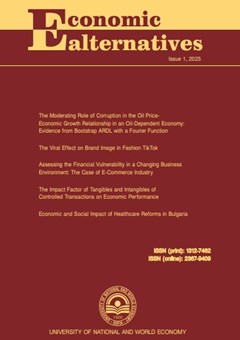The German Energy Transition Towards Renewable Energy Sources: Theoretical and Practical Perspectives
Author: Ivan Dimitrov
Abstract
The German energy transition, also called Energiewende, is a significant effort towards the growth in usage of renewable energy sources. Motivated by the need to combat climate change and lessen reliance on fossil fuels, Germany has undergone a thorough transformation of its energy sector. This paper explores the Energiewende within the timeframe of its beginning in the 1990s till the middle of 2022, including its legal and theoretical background, analysis of Germany‘s current legal framework for renewables and its correspondence with EU renewable energy targets until 2030. The practical part includes several case studies from renewable energy projects in Saarland as an example for good business practices and in order to support the general conclusions on the topic. The aim of this paper is to review the energy transition process in Germany and to indicate what practices are applicable to other countries such as Bulgaria. Through the usage of literature review and analysis of case studies, the paper outlines key moments for green energy development in Germany as well as practical information from previous renewable energy projects. The results provide valuable insight for similar future projects in Bulgaria, which could support the transition process towards a sustainable and clean future.

